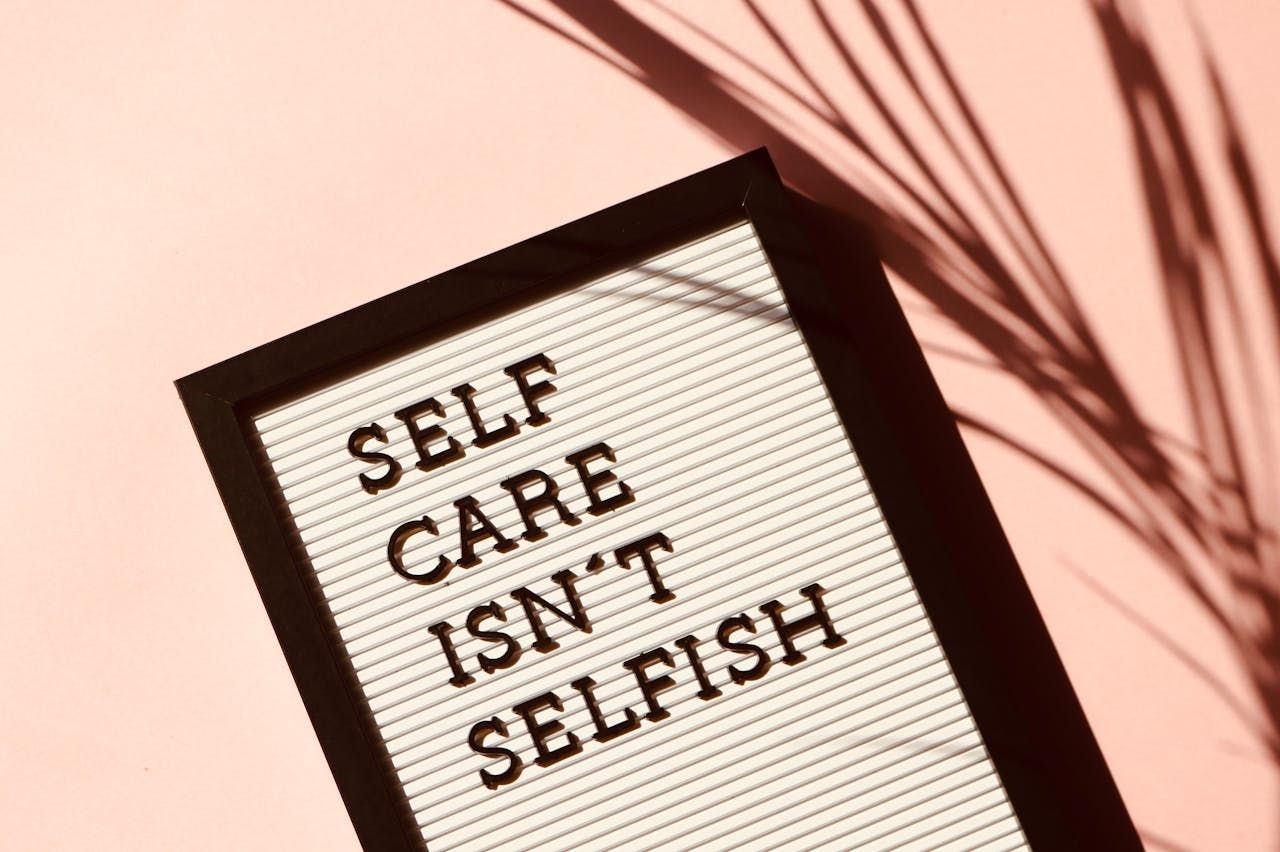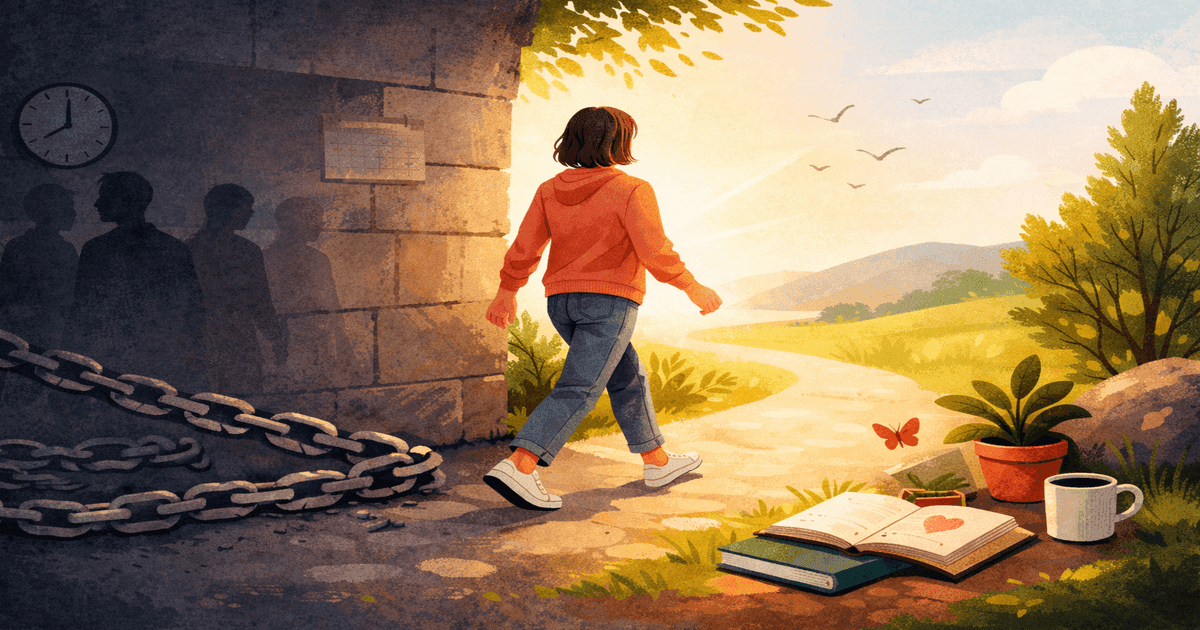Valentine's Day
Valentine’s Day has been celebrated for centuries, but its origins go beyond the flowers, chocolates, and candlelit dinners we see today. The day is linked to St. Valentine, a priest who, according to legend, secretly performed marriages for soldiers forbidden to wed. Over time, February 14th evolved into a day of love, where lovers express their affection with greetings and gifts. While many look forward to celebrating with a significant other, for others, the day brings feelings of loneliness and exclusion.
Why?
Social media is flooded with grand gestures, peer pressure rises, and the idea of love gets tied to unrealistic expectations.
If you’ve ever found yourself scrolling through posts of couples sharing gifts, vacations, and sweet messages wondering why your love life feels like a blank page, you’re not alone.
Society often portrays Valentine’s Day as being just for romantic relationships, but that’s far from the truth.

While it's great to celebrate Valentine with your partner, at its core, Valentine’s Day is about love and love isn’t limited to romance. It’s about friendship, family, and most importantly, self-love.
Instead of dreading the day, why not redefine it on your own terms?
How This Affects Mental Health
Do you feel like you are missing out because everyone seemed to be celebrating with grand gestures?
Constant exposure to idealized relationships can trigger feelings of inadequacy, loneliness, or even depression.
Studies have shown that comparison, especially on social media, can negatively impact self-esteem and overall mental well-being.
That’s why it’s important to shift the focus from external validation to internal appreciation.
For some, Valentine's Day can worsen mental health symptoms.
Common signs include:
- Feelings of loneliness: People tend to feel a sense of being left out, especially when seeing romantic posts on social media.
- Low mood or sadness: Struggling with feelings of not measuring up to societal expectations.
- Increased anxiety: Worrying about not having a partner or the pressure to conform to "perfect" relationship standards.
- Negative self-talk: Thoughts like "I'm not good enough" or "I'II never find love."
How to Prioritise Your Mental Health
No matter your relationship status, here’s how you can prioritize your mental health while still embracing the day:
1. Practice Self-Love
Take yourself out, indulge in your favorite meal, watch a series, get a spa treatment or whatever makes you feel good. You don’t need a partner to celebrate yourself
You can write yourself a love letter. You hype others up all the time. Why not do the same for yourself? Write down things you admire about yourself, your strengths, and how far you’ve come. Seal it and open it next year.
2. Spend Quality Time with Friends
Love isn’t limited to couples. Send a thoughtful message to a friend, surprise your siblings with a small gift, or even volunteer. Acts of love whether big or small have a way of making the heart fuller.
You can plan a movie night, dinner, or just a casual hangout.. Love exists in friendships too, and celebrating with people who appreciate you can be just as fulfilling.
3. Attend an Event
You can check out local events, workshops, or even virtual hangouts.
Meeting new people or engaging in something fun can be a great distraction. Plus, you never know who you might meet; maybe a new friend that will blossom into a great relationship, maybe even yourself in a new light that makes you a better person.

4. Gift Yourself
Who says you have to wait for someone to buy you a gift?
Is there a book of law that says buying gift for yourself is not valid?
Treat yourself to something special, whether it’s a book, a gadget, or just your favorite dessert.
5. Take a Social Media Break
If seeing romantic posts will only make you feel worse, it’s okay to log off for the day. Social media has a way of making love seem like a competition, but you should not define your worth based on posts online.
Protecting your peace is more important than keeping up with trends. Your mental health matters than any societal expectation.
Conclusion
At the end of the day, Valentine’s Day is what you make of it. Whether you spend it alone, with friends, or with family, remember that love isn’t defined by one day or one kind of relationship. So go ahead, celebrate in a way that makes you feel valued.



